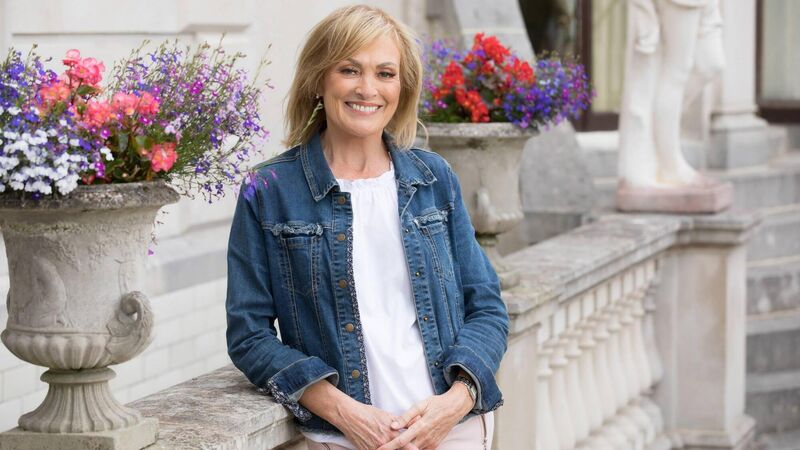Silent disease: Older women with osteoporosis could break a bone just by sneezing

Mary Kennedy.
New research has revealed most people in Ireland who are diagnosed with osteoarthritis after suffering a fracture are surprised by the diagnosis.
The Irish Osteoporosis Society is urging women over 65 to make bone health a priority after a survey of GPs revealed that 92% of patients who suffered a fracture were surprised to be diagnosed with the bone disease. In 2019, almost 4,000 people were hospitalised for osteoporosis-related hip fractures in Ireland, with 69% of these being females.








